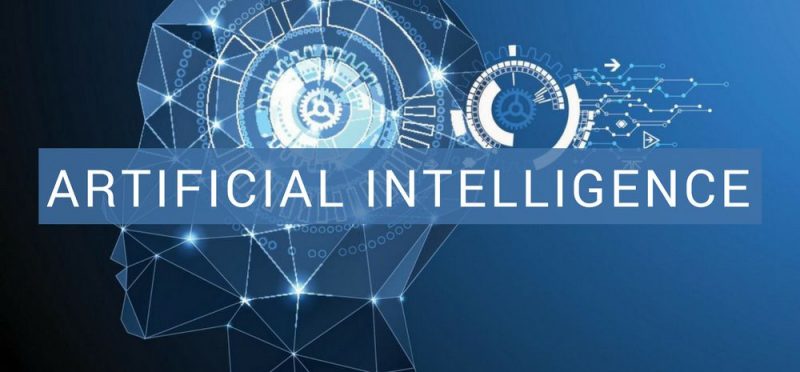In 2024, the usage of artificial intelligence among knowledge workers experienced a significant rise, jumping to 66% from the previous year’s 38%, as highlighted by the second annual HP Work Relationship Index. This study offers a comprehensive analysis of the evolving relationship between workers and their jobs in a global context. One of the standout findings from the report is the correlation between AI usage and job satisfaction; knowledge workers who utilized AI reported being 11 points happier in their work relationships compared to their peers who did not leverage artificial intelligence. However, the report also revealed a troubling statistic: only 28% of knowledge workers felt they had a healthy relationship with their work, which constitutes just a marginal increase from the 27% reported in 2023.
The desire for personalized work experiences has emerged as a prominent theme in this year’s findings. Approximately two-thirds of respondents expressed a longing for customized work environments that align with their individual preferences and needs. This sentiment was further underscored by the fact that 87% of knowledge workers indicated they would be willing to sacrifice a portion of their salary for the sake of a more tailored work experience. This report underlines the importance of understanding the unique requirements of employees in fostering a positive work relationship, which in turn can lead to enhanced productivity and job satisfaction.
Despite the increasing reliance on AI, the report noted that only 44% of leaders demonstrated confidence in their human skills. This lack of confidence raises concerns about the quality of leadership in today’s workplaces. Interestingly, the survey highlighted that female business leaders exhibited significantly higher confidence levels compared to their male counterparts, suggesting a potential disparity in how genders perceive their leadership capabilities. These insights call for a greater emphasis on leadership development, particularly in enhancing interpersonal and emotional intelligence among leaders.
Enrique Lores, President and CEO of HP Inc., emphasized the evolving expectations of both employers and employees, attributing a key role to smart technology in meeting these needs. He suggested that the future of work hinges on the strategic use of AI, not only to improve business operations but also to empower individuals to find meaningful professional fulfillment. Such perspectives underline the crucial role technology will play in shaping workplace dynamics and enhancing employee experience moving forward.
Lores’ remarks further indicated that the current findings highlight a universal need among knowledge workers for improved personalized work experiences. By tailoring workspaces, technology access, and flexible work practices to individual preferences, companies can foster a more productive and engaged workforce. A notable 64% of knowledge workers expressed that customized work environments would enhance their investment in their company’s growth. This recognition of employee needs underscores the significant benefits that come from investing in personalized work experiences.
The broader implications of the HP Work Relationship Index paint a mixed picture of the current state of work globally. While some countries experienced slight improvements in their work relationship index, the report suggests that fundamental issues persist, particularly in areas related to leadership and employee fulfillment. HP Inc. remains committed to developing technology-driven solutions that empower individuals to cultivate more meaningful relationships with their work. Ultimately, this study serves as a call to action for organizations to re-evaluate their approaches to workforce management and employee engagement as they navigate the complexities of modern work life.














